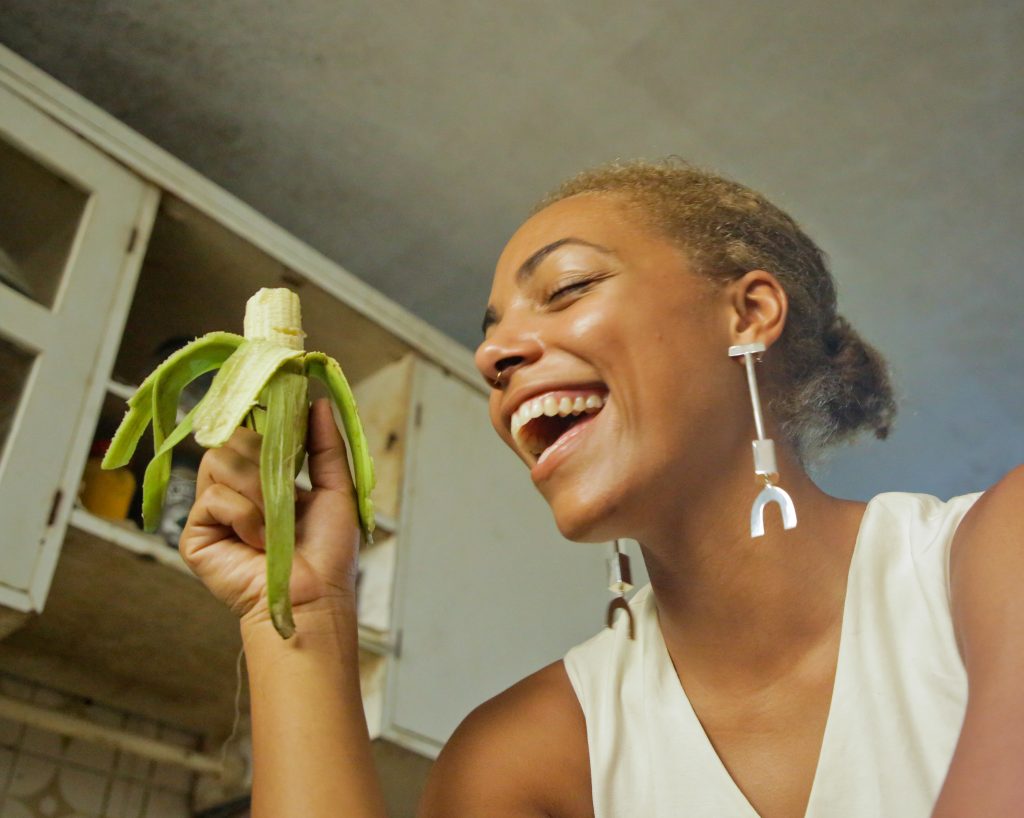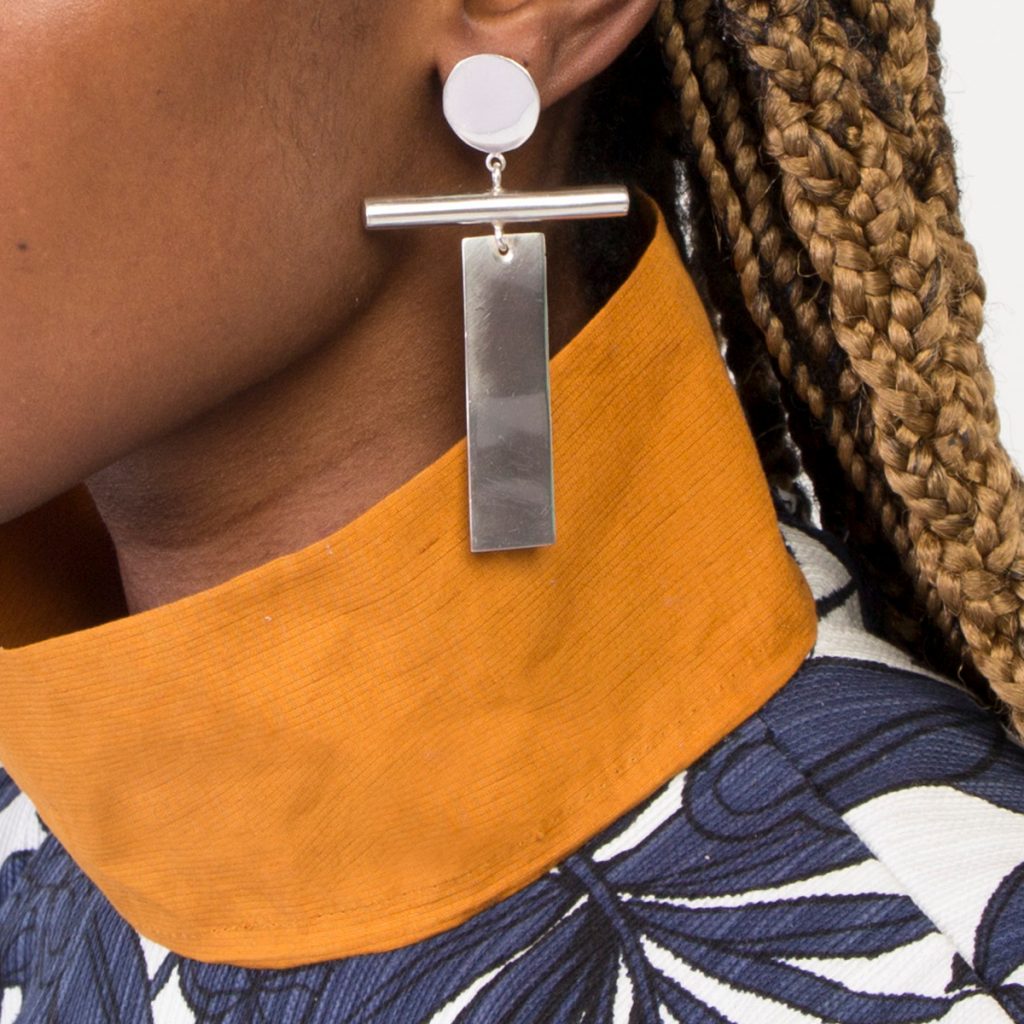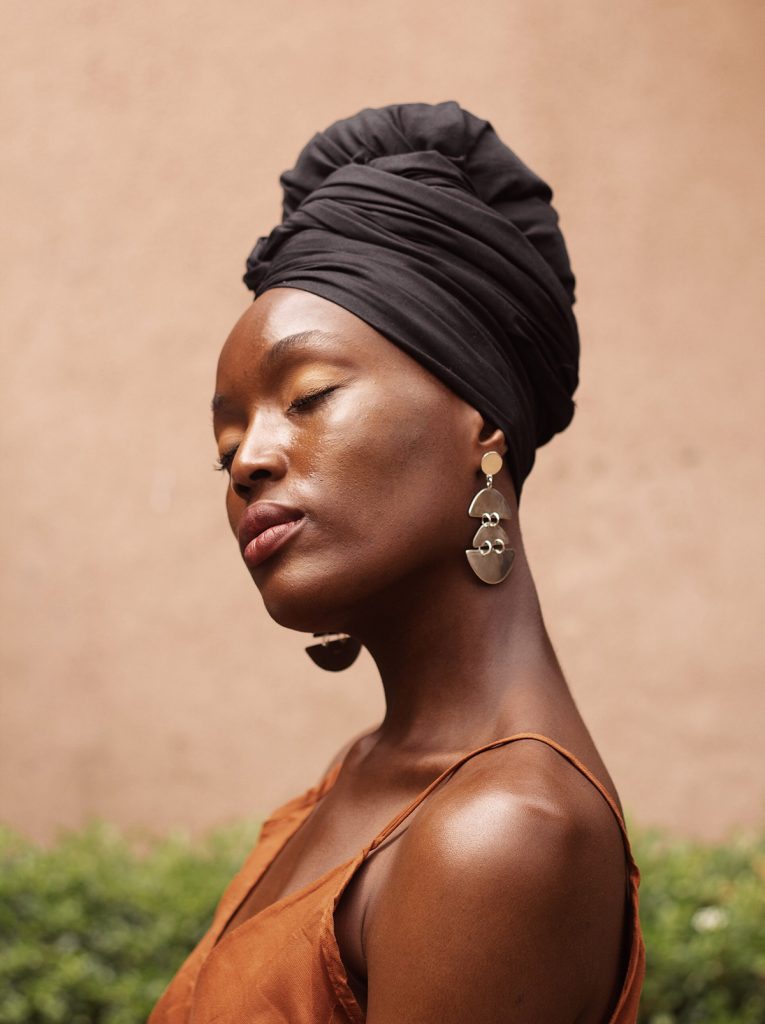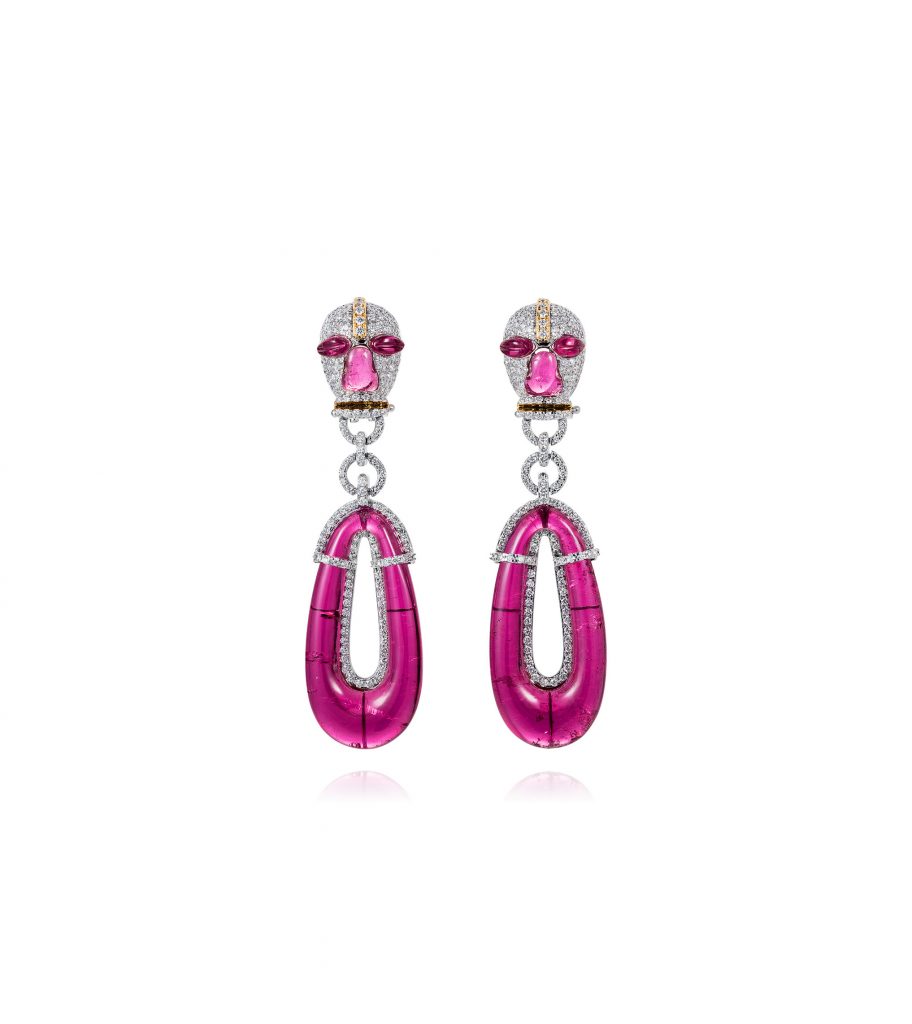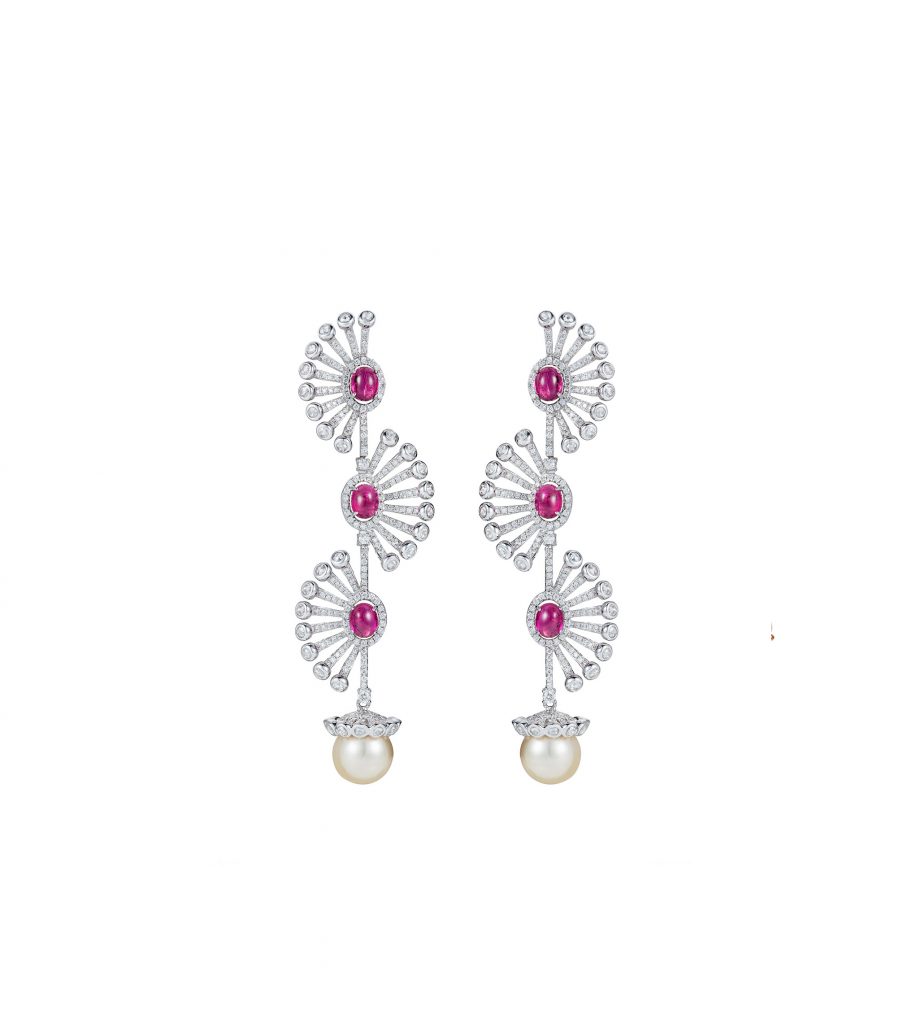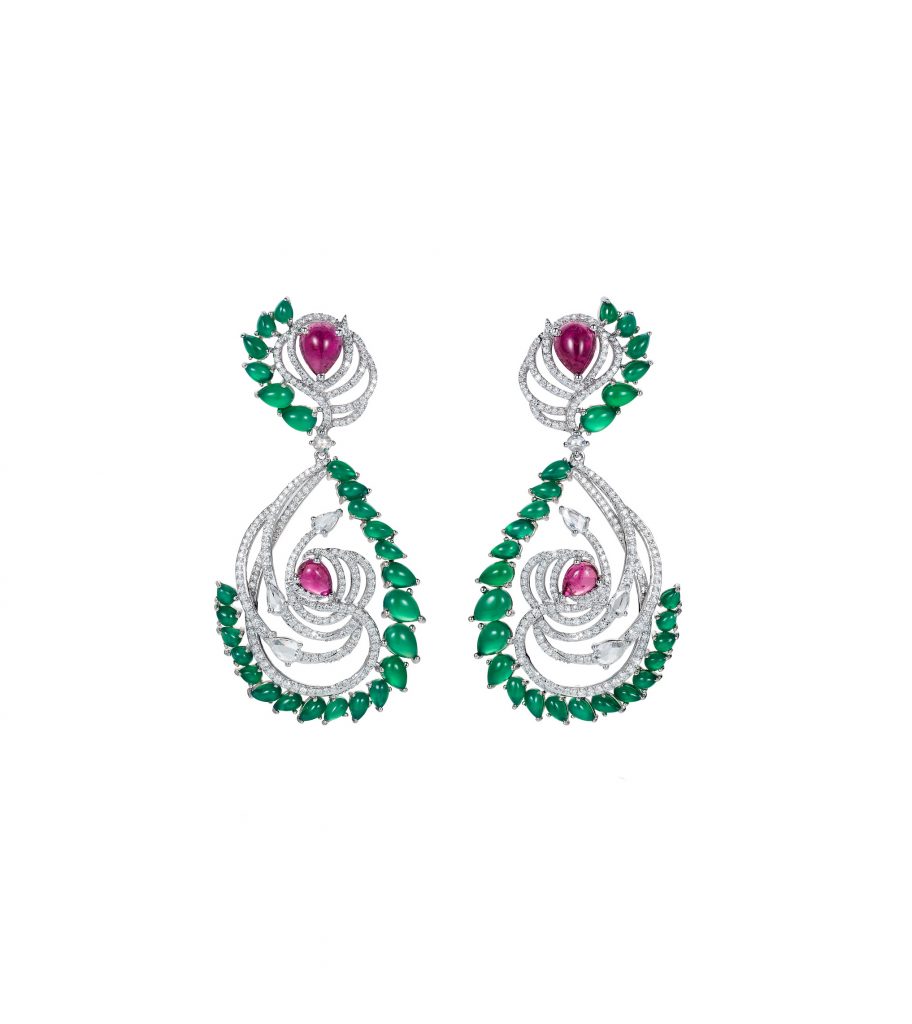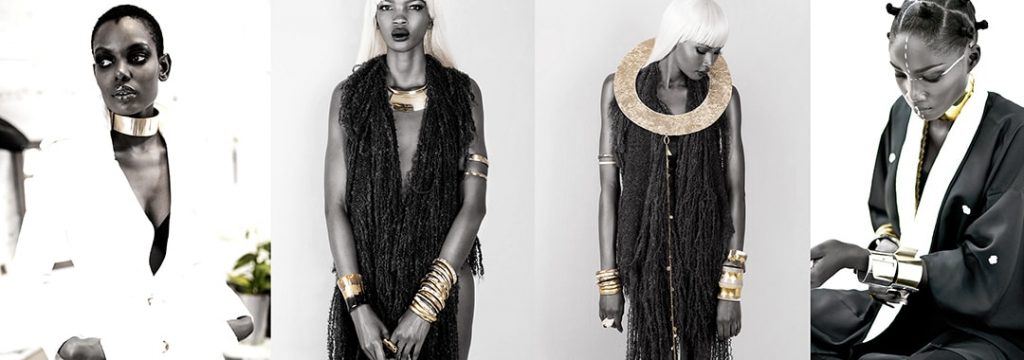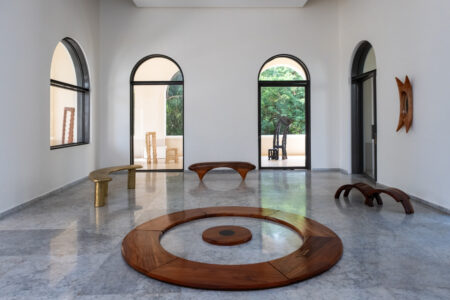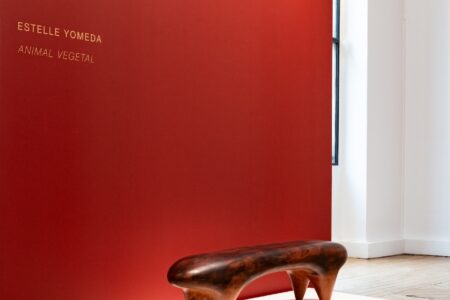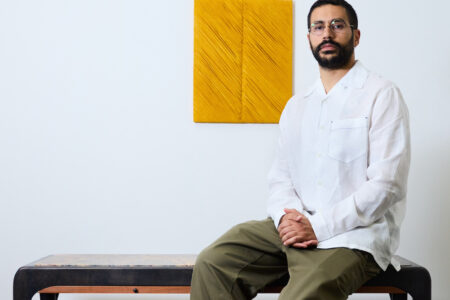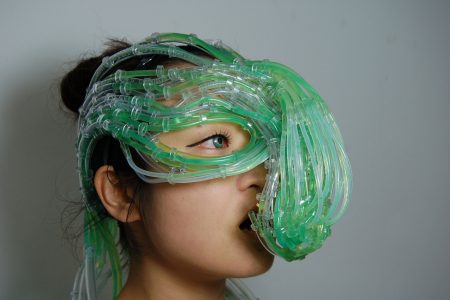African Body Adornments
The Evolving Facets of African Jewelry thanks to three Cutting Edge Designers who are setting new standards.
Think of African jewellery and most visualise a cacophony of colourful beads as seen in the elaborate neckpieces of the Maasai in Kenya, or alternatively large, bold bangles in wood or horn. However, to reduce contemporary African jewellery in this manner is to not fully reflect how it has evolved, distilling history and culture as well as the modern mores, desires and aspirations of a continent and its diverse people. Speaking to three designers, living and working on the continent, one is struck by the breadth of design languages and locus of considerations in interpreting what it is to be adorned.
Akudo Iheakanwa the creative director and founder of Shekudo, a Nigerian interdisciplinary design house, interrogates fiercely cultural and societal norms via her designs. She explains: “The current collection is based on feminine themes and common motifs, symbols and beliefs that were and still are significant such as Nsibidi, a system of symbols indigenous to what is now south-eastern Nigeria, dating back to approximately 2000 BCE. The ikpu earring, meaning vagina in Igbo, was my personal spin on an abstract vagina designed using a filled in Nsibidi symbol which represents ‘woman.’ which in turn is a mirror of the ‘male’ symbol. It was also meant to be a three level design of clitoris, labia minora and majora.” By daring to incorporate sexual and body politics, revive an ancient hieroglyphic language and to render it beautifully in fairly traded and locally sourced silver, Shekudo has not only made its mark in the industry but also tapped into a millennial generation that is fearless in its expression and quest for authenticity.
For Satta Matturi, her eponymous fine jewellery house is clearly focused on the luxury market, creating exquisite pieces using diamonds and other precious stones from her native Sierra Leone and other parts of Africa. Significantly she has observed the way that women in Africa have evolved, often buying their own jewellery. She elaborates: “We focused our second collection–Artful Indulgence–on just twelve earring designs, and they are the perfect statement pieces to depict how strong, beautiful and independent you are as a woman.” The modern woman in Africa or anywhere else for that matter doesn’t wait for him to ‘put a ring on it’ but seeks individual pieces and collections that she can purchase and enjoy in the here and now.
Of particular note is the fact that the Africa is central to the narrative of each artist. Adele Dejak, the founder of his eponymous cult Kenyan jewellery brand notes: “The Adele Dejak story started in 2008 and has been about creating beautiful, thoughtful, afro-inspired handcrafted accessories for the modern, style-conscious woman. Our aesthetic has evolved but Africa still remains our point of departure; for inspiration and production.” This vision is evident and the sophisticated clientele who find their way to the Dejak atelier, particularly those seeking an arresting articulation in recycled materials such as brass and aluminium that has now become a house trademark.
Jewellery in Africa, as with the rest of the world, sits within the nexus of fashion and art, being both wearable and decorative and acting as a visual expression of taste and identity. Whilst aesthetics evolve and trends emerge, the central relationship between a piece and its wearer endures: worn close to the body, often loved from the heart and acting as a celebratory declaration of sartorial intent.
